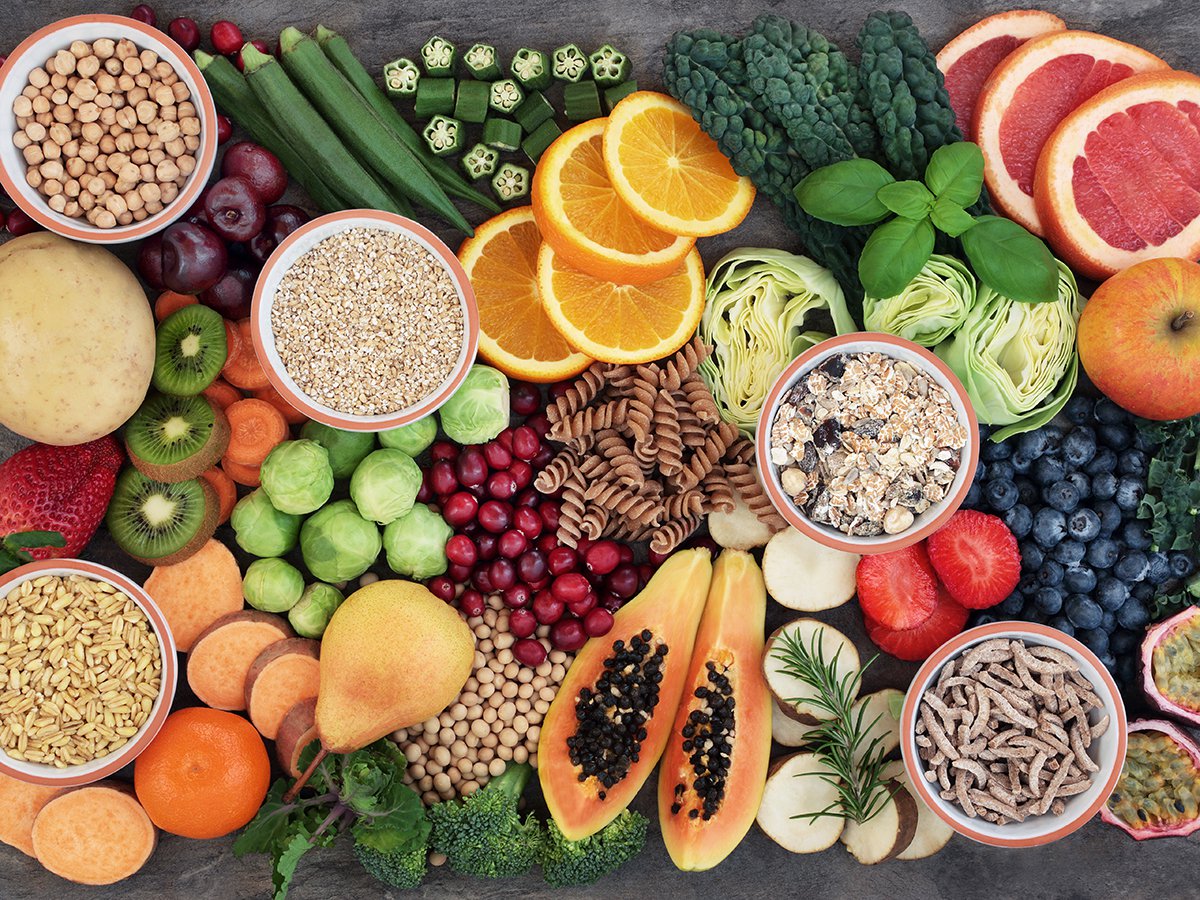
Heart-healthy foods and prevention of coronary heart disease
The heart starts beating at about the eighth week of pregnancy and continues to do so throughout an individual’s life. The heart cannot afford to fail in its function of pumping blood to the whole body. In performing this function, the heart also ensures that adequate blood is pumped to the heart itself. The arteries that pump blood to the heart are known as coronary arteries.
Blockage or narrowing of these vessels can lead to what is known as coronary heart disease. As this narrowing increase, a left sided chest pain known, as angina will set in due to a reduction in blood, oxygen and nutrient supply to the heart. Total blockage of a coronary artery that supplies a section of the heart causes death of that portion of the heart-giving rise to what is known as heart attack. The commonest cause of narrowing of the coronary artery is atherosclerosis.
Atherosclerosis is the buildup of cholesterol and fatty deposits known as plaques on the inner wall of the artery. There are certain risk factors associated with coronary heart disease and they include, dehydration, family history, excessive alcohol consumption, smoking, stress, and lack of exercise, hyperlipidemia and obesity. More than a risk factor, long standing dehydration can be considered a cause of atherosclerosis. In a state of dehydration, the brain sends signals to the liver to produce more cholesterol, which come into use when the body goes into a rationing mode.
The rationing mode is when water is redistributed from the muscles, bones and joints to the brain, heart, lungs, liver and kidneys – the five vital organs in the body. Cholesterol will have to be deposited between the cells in the walls of the capillaries to take over the usual adhesive function of water between the cells. Cholesterol, being impermeable to water, drastically reduces the passage of water out of the blood in the capillaries into the muscles. These cholesterol deposits initially found between the cells will eventually grow into the lumen of the capillaries where they join together to form plaques. At this time also, the blood level of cholesterol is very high and increasing ones daily consumption of water and sustaining it there can easily manage such hypercholesterolemia.
Principles of prevention of coronary heart disease
The first principle is to drink sufficient water on a daily basis .The next is exercise. The heart benefits a lot if we are regularly engaged in exercising. The following benefits can be seen in the lives of those who exercise always: the heart becomes strengthened and the resting pressure at which the heart pumps blood is reduced translating into a lower blood pressure. Cholesterol and blood sugar levels are reduced, thus preventing heart disease. Also exercise helps to create new capillaries for supply of blood and open up blocked ones. This will further cause a reduction of the blood pressure and eliminate the risk of heart disease.
Diet
What you eat plays a very significant role in ensuring the good health of the heart. To begin with, whatever you eat must not be excessive.
Do not over eat.
You will have to eat more of some food, reduce some and avoid others entirely to keep your heart healthy throughout your life. To keep your heart healthy, you have to eat more of the low calorie, nutrient rich foods like fresh, raw vegetables and fruits. They are rich sources of vitamins, minerals, fiber and substances that directly prevent heart disease.
Whole grains like whole wheat and oats, brown rice, barley and ground flaxseed are also high in fiber, minerals and vitamins.
Also recommended to keep the heart healthy are low fat proteins found in foods like skimmed milk, low fat yoghurt, egg white, cold-water fish such as tuna and salmon. Others are skinless poultry, legumes (kidney and black beans, lentils), soybeans, tofu and lean meat.
To ensure that the heart is healthy, high calorie, high sodium foods like fast foods, processed and refined foods should be avoided. These will include white flour products such as white bread and cakes, pastries, pasta etc. White sugar, table salt and white rice. Others are unhealthy fats like saturated, hydrogenated and trans fats such as is in margarine, butter, shortening etc.In next Thursday’s edition of the Guardian Newspaper, we shall be looking at the nutrients in 25 heart healthy foods.
[ad unit=2]






